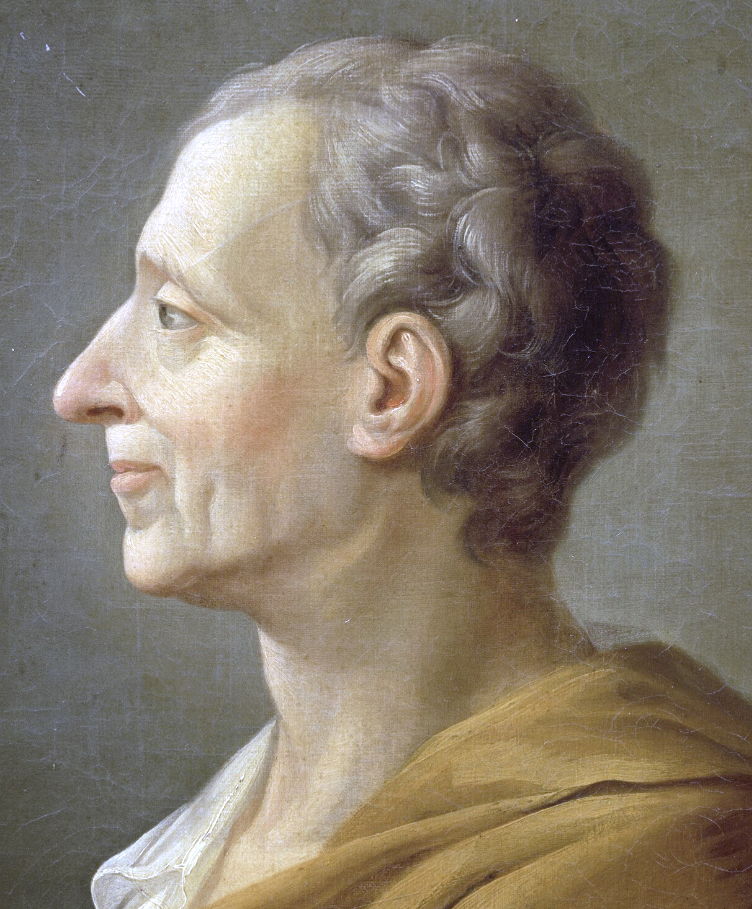How to Lean into Healthy Democracy
When people think of politics as something that certain people do as a profession, they erect mental barriers. We often hear things like “Don’t discuss politics” or “Politicians can’t be trusted”. This further entrenches the belief that politics is something someone else is responsible for.
We need to reclaim these words and concepts in a way that encourages people to be engaged in our shared destiny:
Democracy-term-o-rama
- Democracy – greek origin of the word is power rests with the people
- Demos = people, Cracy = Power
- Governance – to steer the direction of policy
- Politics – matters of the public
- Citizen – a native or naturalized person who owes allegiance to a government and is entitled to protection from it
- Civic – of or relating to a citizen
- Republic – A form of democracy where the government is formed by elected representatives
- Direct Democracy – Direct rule by the people
Making participation a social norm
There are many ways to participate. Running for office is fabulous, but there are many other ways to participate, so let’s look at some of those and also discuss how we can not only encourage people to participate, but make it easy for them to take their first step.
First steps might be something like:
- Volunteer for a local candidate’s election
- Attend a local council meeting
- Join a civic action group
- Be a poll worker during an election
These first steps will expose people to how local politics work and help them feel more comfortable with discussing public decision making.

Creating more social cohesion
Feeling a sense of connection to others in your community is important. Not just the number of people you know, but also the depth of your connections. Deeper connections breed more trust and when a community has many connections and a lot of trust that is called high levels of Social Capital or Social Cohesion. As an example, Robert Putnam did 20 years of studies on the health of democracies and economies across Italy and found that cities with high Social Cohesion outperformed those with low Social Cohesion. (article)
Social Cohesion helps with individual and community wellbeing as well.
When you have long term erosion of Social Cohesion, you have more loneliness, isolation, depression and apathy, which tends to lead to even less Social Cohesion, in turn.
Cohesion and trust erode when people have less leisure time to engage in their community, spend with neighbors or in civic groups. Also, if your financial situation is challenging you or feel that politics is working against you, this leads to lower social trust. A vicious downward spiral.
So, engaging civically not only supports the social good, but works to create more cohesion. Which creates more trust and more people working together to create a shared future. A virtuous cycle.
Help People Understand The Whole System
There is a lot to know to fully understand the system of how democracy affects economics, your wellbeing, and the wellbeing of others and nature. We encourage you to not feel overwhelmed by this, but to rather enjoy the exploration and learning. Having more to learn is beautiful. Having the humility to know there is more to learn is admirable.
Yet, it is important to give people some basic understanding of both how systems affect each other and also how choices affect the whole, especially power structures.
If we overcomplicate or distort information, people will surely have a tougher time understanding. Thus, how we choose to communicate also affects people’s ability to understand.
Let’s create ways to help people easily understand the system at work, prevent them from being susceptible to misinformation and get them excited to participate. See more about this in Civics.
Build Institutional Integrity
You often hear the term “Checks and Balances”, but it turns out we may need more of these to prevent the erosion of civic engagement which leads to erosion of democracy.
The topics covered in our Democracy section are geared to help with understanding the whole system, what leads to the erosion of democracy and ways that you can help create better governance systems.
Build or restore coalitions
Creating deep, distributed democracy has been challenging. That is part of the reason we tend to move back to power consolidation. When that consolidation happens it can be hard to stop it from consolidating further.
One way to keep that power more distributed is through building a strong, networked coalition of networks. (See our Partnership Program which endeavors to build that)
Notice that the concentration of power also coincides with the erosion of strong coalitions – the decline of unions, the decreased participation in civic organizations, etc.
Networked coalitions allow people to come together over shared purpose and shared values. They can speak with one voice when needed.
Resources
- Al Franken Podcast Episode – Marc Elias and Ari Berman on Voting Rights Concerns
- Ezra Klein Article – on How important Local Elections Are
- LA 101 Guide to Politics https://www.la101.guide/
- Culture Hack Labs – Narratives https://www.culturehack.io/
- Henry Mintzberg – Rebalancing Society book
- The Democracy Group’s Resource Center site
